The following review example can serve as a guide for students trying to find inspiration when writing an assignment.

✅ AI Essay Writer ✅ AI Detector ✅ Plagchecker ✅ Paraphraser
✅ Summarizer ✅ Citation Generator
What makes the story real? Not the reliability of facts or the fact that it’s based on real events. The main element is honesty. Integrity to share the happiest and the saddest moments, success and despair. The real story is raw to the bone, and the real author never hides behind the pen and paper.
This is the case for Elie Wiesel. The writer chooses memoir to go uncensored with his thoughts and memories about the most challenging moment in his life and the scariest event in history – war.
Elie Wiesel’s “Night” is a powerful narrative that delves into the darkest chapters of human history through the eyes of a young Jewish boy, Eliezer. This semi-autobiographical novel, though woven with fictional elements, deeply reflects Wiesel’s harrowing experiences in Nazi concentration camps. “Night” is not just a story of survival but also a testament to the human spirit facing unimaginable horrors. In this article, we’ll explore the central themes that emerge from this profound work, rendered in simple text for clarity and understanding.
In this article, we’ll discover the main themes in “Night” and their meaning.
Loss of Identity
The themes of “Night” by Elie Wiesel explore profound aspects of human nature and spirituality. Eliezer’s journey begins in his hometown, where he is deeply immersed in Jewish teachings and traditions. His profound identity as a young, devout Jew is starkly contrasted with the dehumanization he endures under the Nazi regime. The camps strip him of his name, his hair, and eventually, his faith, reducing him to a mere number. The transformation is so drastic that Eliezer, along with other prisoners, begins to see themselves as nothing more than animals, fighting over scraps of bread. This theme highlights not just a loss of personal identity but the obliteration of humanity itself.
“In the afternoon, they made us line up. Three prisoners brought a table and some medical instruments. We were told to roll up our left sleeves and file past the table. The three “veteran” prisoners, needles in hand, tattooed numbers on our left arms. I became A-7713. From then on, I had no other name.”
Loss of identity, faith, the oppressive silence, and the ubiquity of suffering are not just historical reflections but also universal questions that resonate across time. Wiesel’s narrative serves as a stark reminder of the depths of darkness humanity can reach, and the resilience required to search for light amid such darkness.
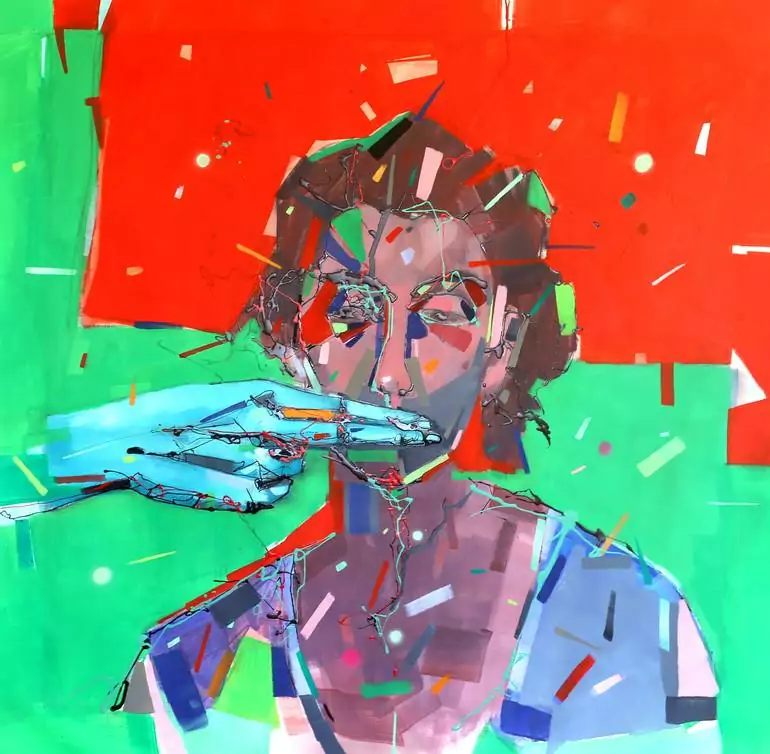
Loss of Faith
The core of Eliezer’s being is his faith, which is deeply challenged by the atrocities he witnesses. At the beginning of the narrative, Eliezer declares, “I believed profoundly.”
“I was twelve. I believed profoundly. During the day I studied the Talmud, and at night I ran to the synagogue to weep over the destruction of the Temple.”
In the concentration camps of Birkenau-Auschwitz, the horrors Eliezer witnesses begin to shake his faith in God. The crematoriums burn without end, devouring countless lives, including the most innocent of all—children. The cruelty he observes and endures is unimaginable, more brutal than one would ever treat animals. He struggles with the idea of a just God who would allow such atrocities.
“Night. No one prayed, so that the night would pass quickly. The stars were only sparks of the fire which devoured us. Should that fire die out one day, there would be nothing left in the sky but dead stars, dead eyes.”
Despite the terror surrounding them, Eliezer is struck by the sight of fellow Jews clinging to their faith, praying and seeking solace in their beliefs. This perseverance in the face of such evil puzzles him; it seems to demonstrate a strength and a capacity for forgiveness that surpasses the deity they worship.
As time goes on, death becomes a constant companion in the camps, and despair takes root. Eliezer, along with others, loses any remaining belief in a benevolent God. This sentiment is shared by others, like Akiba Drumer and a rabbi Eliezer speaks with, who conclude that a God cannot exist in a world that allows the Holocaust to happen.
“Behind me, I heard the same man asking: “Where is God now?” And I heard a voice within me answer him: “Where is He? Here He is—He is hanging here on this gallows. . . . “”
Eliezer’s faith is irreparably damaged during an execution at Buna, where a young boy is hanged before the eyes of the prisoners. A voice from the crowd pierces the air with the question, “Where is God now?” In his heart, Eliezer believes that if God exists, He is present in the suffering of the boy on the gallows, who dies a slow, agonizing death while the prisoners are forced to witness.
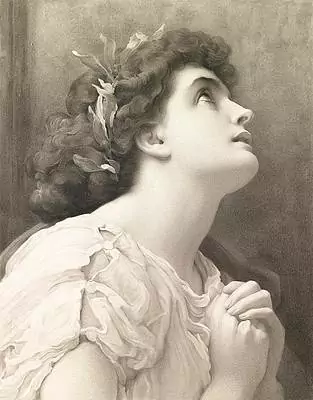
Silence
Silence permeates “Night,” symbolizing both the incomprehensible absence of God and the muted response of the world to the Holocaust. Eliezer grapples with God’s silence, unable to reconcile it with the loving deity he was raised to worship.
This theme is painfully illustrated when Eliezer fails to answer his dying father’s call, a silence born of utter despair and hopelessness. Wiesel uses this motif to challenge the reader, posing difficult questions about divine and human inaction in the face of atrocity.
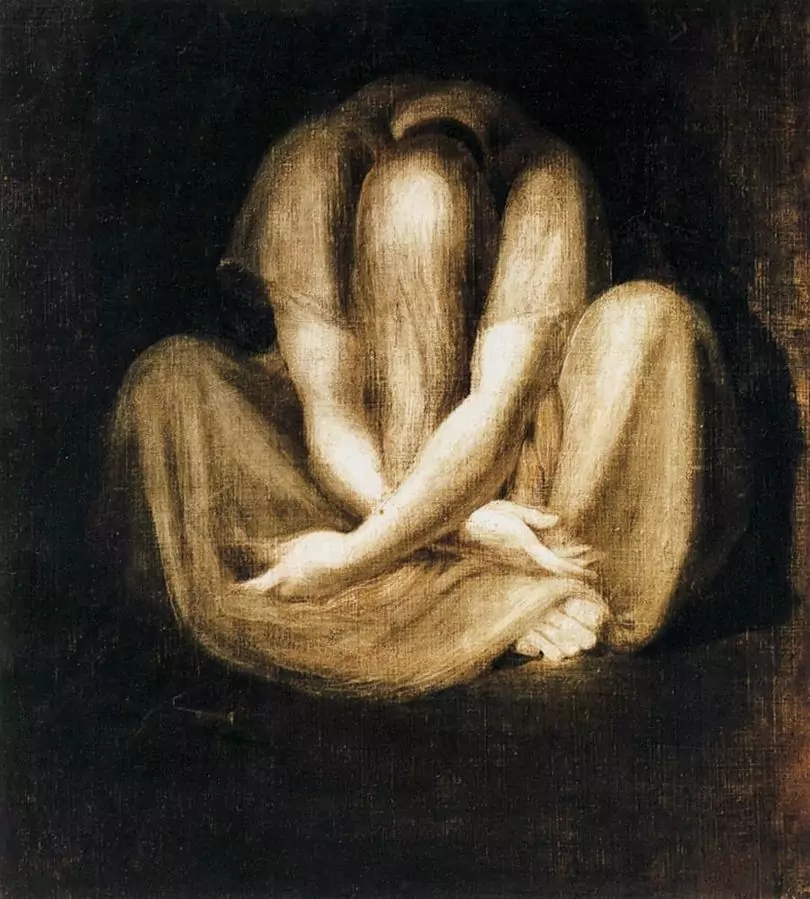
Fathers and Sons
Eliezer’s story begins with him witnessing his father cry for the first time when they are forced to leave their home. This is significant because it shows a crack in the strong figure his father has always been. The memoir “Night” delves into the breakdown of father-son bonds under the extreme conditions of the Holocaust. Central to this theme is the changing relationship between Eliezer and his father, which also reflects on the relationships between other fathers and sons in the concentration camps.
Before the Holocaust, Eliezer’s father is a respected figure both in the community and at home. Their relationship is based on tradition, where honoring one’s parents is a key commandment, especially in Jewish families like theirs. But once Eliezer and his father are separated from the rest of their family at Birkenau, they only have each other. As his father becomes weaker, the roles they once played change. Eliezer finds himself in the position of being the protector, rather than the one protected.
Life in the camps tests their relationship in many ways. Eliezer often feels guilty for being mad at his father when he can’t defend himself or keep up with the march. Despite his weakening state, his father still tries to look after Eliezer by giving him tools for survival and even saving him from being strangled on the train. But there’s only so much they can do to shield one another from suffering. As the conditions worsen and the weaker prisoners start dying, fathers start to be seen as burdens. Sons struggle with guilt over their survival instincts and their inability to save their fathers. Eliezer witnesses the extreme of this when a young man abandons his exhausted father, a rabbi, during a death march, and again on a train when a son kills his father for food.
These harsh realities force Eliezer to confront his feelings for his father. However, by the end of “Night,” these feelings become irrelevant. His father falls ill, no one is willing to provide medical help, and Eliezer is powerless to protect him or to stop others from causing harm. The roles and relationships that once defined them are irreversibly altered.
“Oh, to strangle the doctor and the others! To burn the whole world! My father’s murderers! But the cry stayed in my throat.”
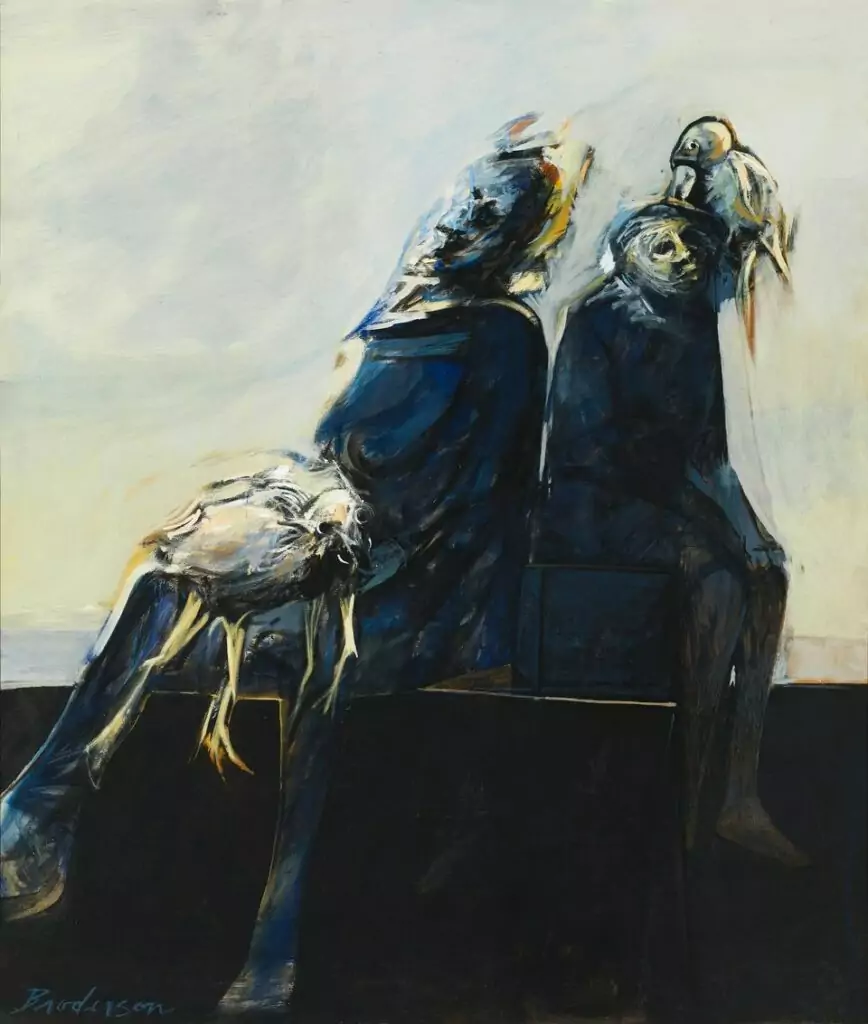
Final thoughts
Elie Wiesel’s “Night” shares a heart-wrenching story of how the Holocaust tore apart people’s lives and faith. It shows the painful change in a son’s duty to his father and the struggle to keep hope alive. The book makes us think deeply about the harsh truths of survival and loss during one of history’s darkest times.
Follow us on Reddit for more insights and updates.



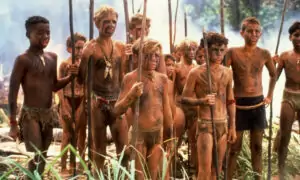
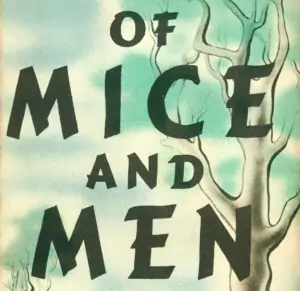
Comments (0)
Welcome to A*Help comments!
We’re all about debate and discussion at A*Help.
We value the diverse opinions of users, so you may find points of view that you don’t agree with. And that’s cool. However, there are certain things we’re not OK with: attempts to manipulate our data in any way, for example, or the posting of discriminative, offensive, hateful, or disparaging material.